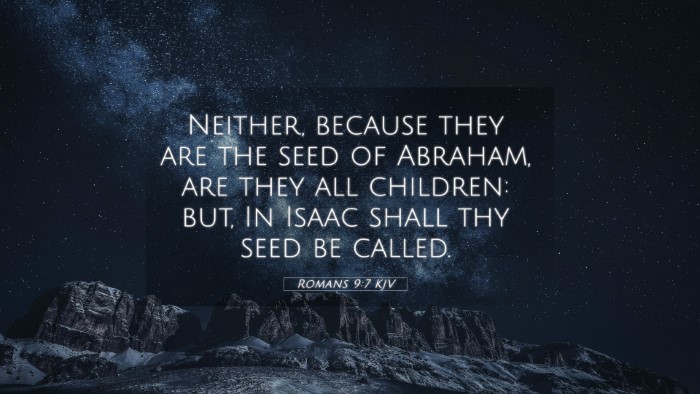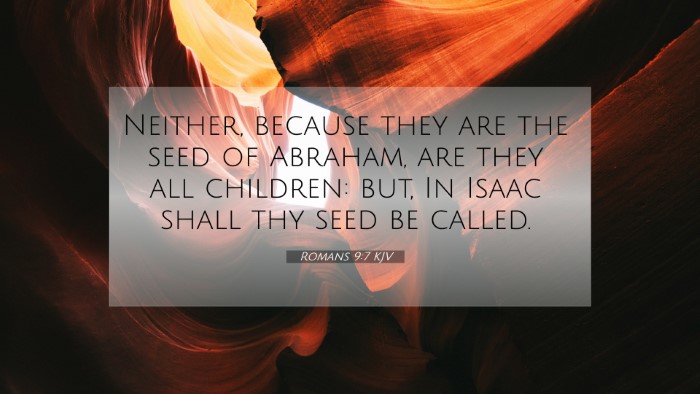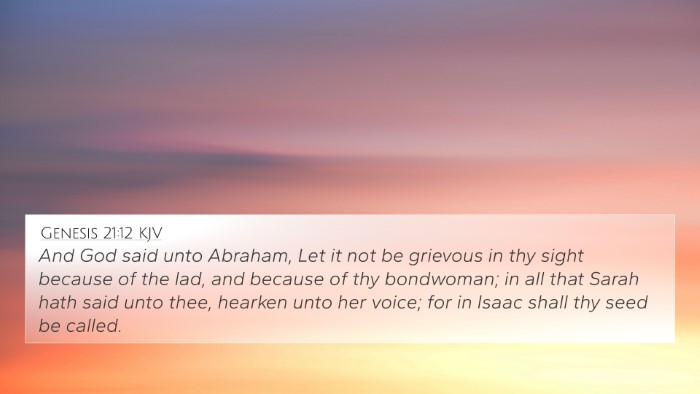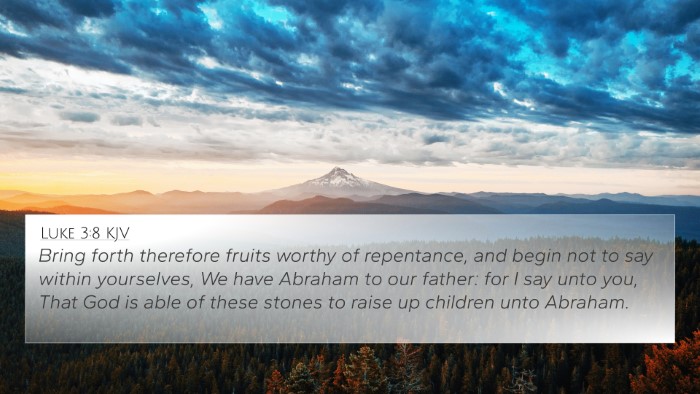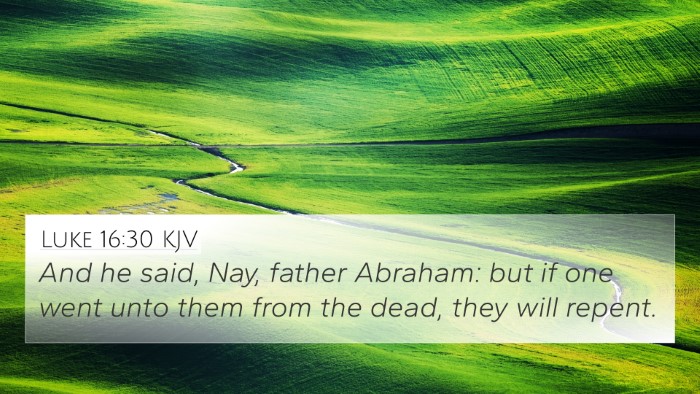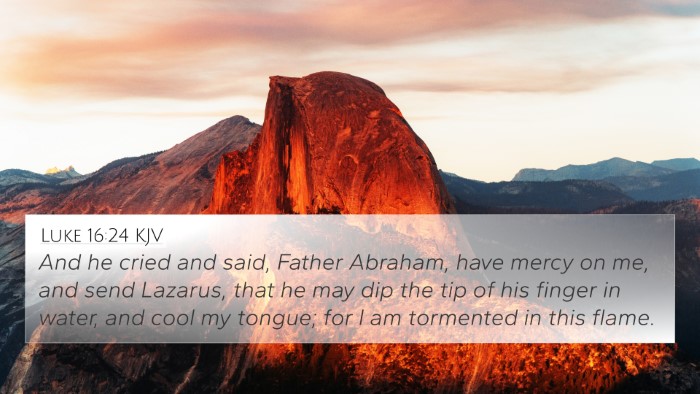Understanding Romans 9:7
Romans 9:7 states, "Neither, because they are the seed of Abraham, are they all children: but, In Isaac shall thy seed be called." This verse emphasizes God's sovereign choice in the lineage of Abraham and the divine selection of Isaac's descendants as the promised line. Below, we explore various insights drawn from public domain commentaries by Matthew Henry, Albert Barnes, and Adam Clarke, providing a comprehensive understanding of this verse.
Commentary Insights
Matthew Henry's Commentary
Henry notes that although Abraham had many offspring, only Isaac was recognized as the child of promise. This distinction highlights that physical descent does not guarantee spiritual inheritance. God's promise to Abraham was fulfilled specifically through Isaac, showing the significance of divine selection over human expectation.
Albert Barnes' Notes on the Bible
Barnes stresses the importance of the context of God's covenant. He explains that the true children of Abraham are those who follow in the faith of Abraham rather than merely those connected by blood. The term 'children' in this verse relates to spiritual lineage, illustrating a deeper connection that transcends physical descent.
Adam Clarke's Commentary
Clarke elaborates on the historical significance of Isaac as the child of promise, arguing that the choice of Isaac over Ishmael was a deliberate act of divine will. This selection reinforces the concept of election and divine sovereignty, as well as the importance of faithfulness to God's promises throughout generations.
Thematic Connections and Cross-References
This verse has numerous connections that enhance its understanding:
- Genesis 21:12: God specifically mentions that the covenant will be established through Isaac.
- Galatians 4:28: Paul refers to believers as children of promise, creating a link to Isaac’s role in the divine plan.
- Hebrews 11:18: The faith of Abraham is highlighted in connection to Isaac’s promise.
- Romans 4:13: This passage reflects on the Abrahamic promise of inheritance to those who have faith.
- John 8:39: Jesus emphasizes that true descendants of Abraham are those who do the works of Abraham.
- 1 Peter 1:2: Calls believers 'elect' according to God's foreknowledge, linking them to the chosen lineage.
- Romans 8:16-17: Discusses being heirs with Christ, establishing the broader implications of divine sonship.
- Matthew 3:9: John the Baptist admonishes the Pharisees, stating that being children of Abraham is not enough for true inheritance.
Connections to Broader Themes
This verse can be further explored in the context of several Biblical themes:
- Election and Divine Sovereignty: Romans 9:7 underscores that God's choices are not based on human criteria but on His divine will.
- Faith and Righteousness: The verse invites a comparative examination of how faith plays a crucial role in spiritual lineage.
- Spiritual Heritage: It illustrates the difference between physical heritage and spiritual inheritance, encouraging a broader understanding of what it means to belong to God's family.
Cross-Referencing Insights
To delve deeper into the themes of Romans 9:7, users can utilize tools for Bible cross-referencing. These may include:
- Bible concordance for locating related verses.
- Bible cross-reference guides to understand how different verses interlink.
- Cross-reference Bible study systems to enhance scriptural understanding.
- Identifying connections between Old and New Testament scriptures.
Conclusion
Romans 9:7 serves as a profound reminder of God’s sovereign choice in fulfilling His promises. The insights provided by various commentaries reveal the depth of meaning in this verse and its connections to broader biblical themes. Understanding this verse and its related scriptures can enrich one's faith walk and provide a comprehensive approach to studying the Bible.

